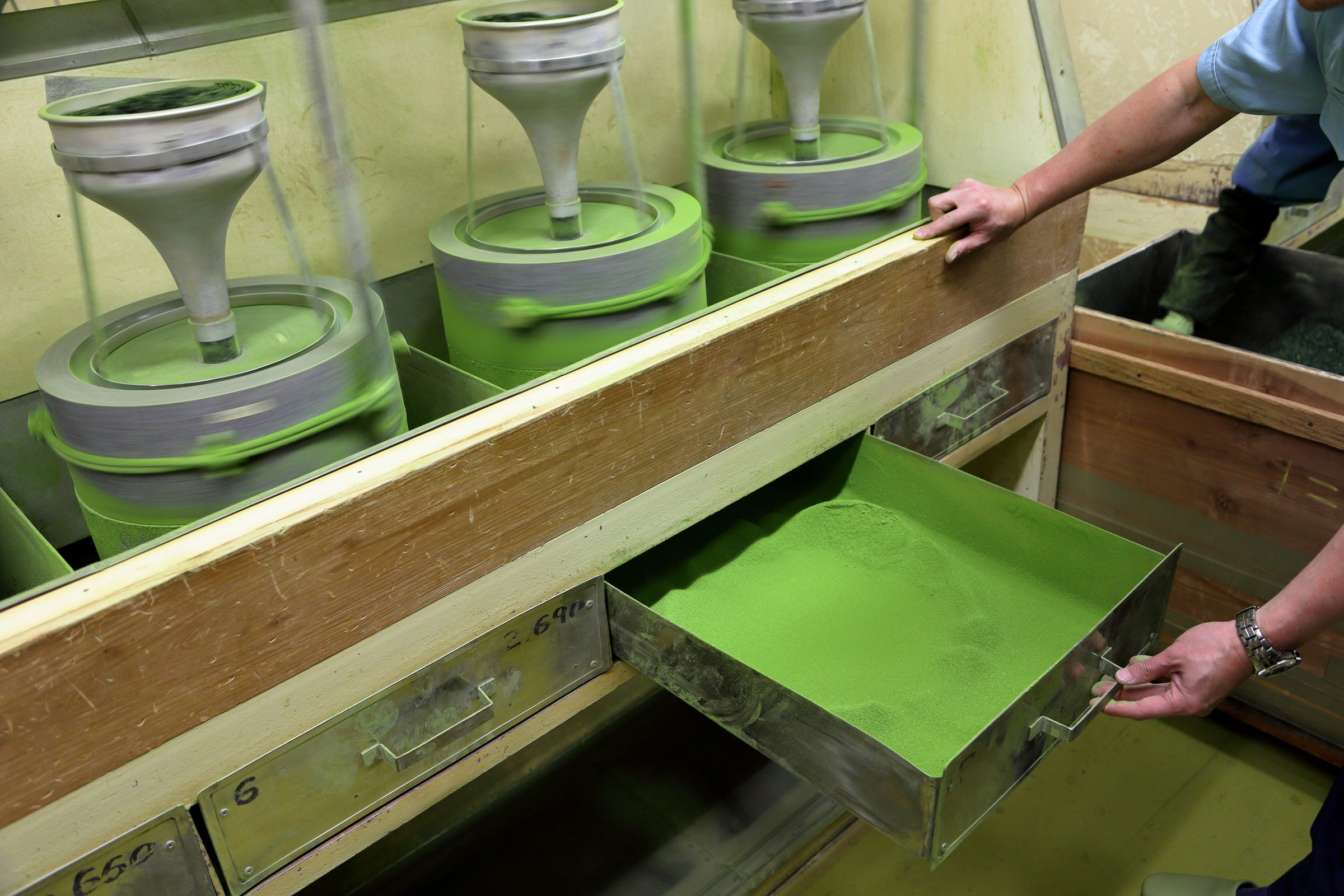Hate matcha? You're being rational.
Many of us have had the experience of wanting to like matcha, but upon actual encounter are left with a sad, disappointed, and even mildly disgusted feeling.
It's not your fault -- it's the matcha's. It started out bad, and never had a chance. Wherever it came from, they almost certainly didn't care very much; it might have been blasted with pesticides and grown in depleted soil, they didn't shade or fertilize it properly, they didn't use the best leaves, and they didn't bother to de-stem and de-backbone the forlorn leaves. They didn't grind the leaves properly, didn't package it properly, and didn't store it properly. It was dead on arrival, yellowed and hay-like and just pretty sad.
And if you're like most people, the way it was prepared probably didn't help either. Someone probably poured boiling water over it (thus scalding and ruining it) and stirred with a spoon or fork (impossible to get good crema doing that).
No wonder you didn't like it.
There are many reasons why there's so much bad matcha out there in the marketplace, but I think the main one is probably a general perception, among purveyors and among the public,, that green tea is just fricking green tea, and there's no real reason, except possibly greed, why it should cost so much. Tea is tea!
And we all have price "anchors" in our brains regarding what tea should cost. The "real" price of tea -- is, we've somehow learned, the cheap bagged tea in not-great grocery stores. The 100-pack generic black/orange pekoe box of teabags, maybe $5, $8 tops. For 100 servings. A nickel, maybe a dime a cup. That's what tea should cost.
Then along came some better bagged and loose-leaf teas -- better tasting, better quality, better packaging, better stories --and that made things better. Here the price of teas more or less 10xed, and many of the tea companies thrived, and continue to thrive.
But even granting some leeway for better teas, it's still hard for many people to justify spending more than, say, a buck a bag. $12 for 12 bags. Not cheap, by historical standards. You'd have to have a pretty good story, pretty good reason to pay that much more per cup.
So this pricing structure is stuck in our heads and it runs very deep.
And then along came something called matcha, and "ceremonial" matcha in particular, which sounds sophisticated and maybe rare, and which is priced more similarly to fancy third-wave coffee than it is to tea. And with the really good matcha, the beyond ceremonial granite-ground baby teas, we begin to entertain pricing comparisons more akin to good wine than to good coffee.
It's hard for a lot of people to wrap their heads around paying, say, $4 or more for a serving of good matcha. People are used to paying that, or more, for a matcha latte that someone else makes for them in a cafe, so that's a different price-anchoring system in play. The $4/serving refers to the you-make-at-home version, you buy the powder of the really good stuff, which costs $129, and it has 30 servings, so it's $4.30 serving.
But that's where we are, if we're interested in tasting the primo. You can certainly find some pretty darn primo stuff for less, of course. Even our entry-level hyperpremium, the Blend 93, is a stellar matcha by any standard, and it only costs $39 for 30 servings, or about $1.30 a serving. Very affordable by most standards.
So please don't feel badly about hating matcha. You're hating it for all the right reasons.
And yet: please don't hate ALL matcha. Just the bad stuff, which is, very sadly, so ubiquitous. If you try one that actually tastes good, who knows, you might come around.
